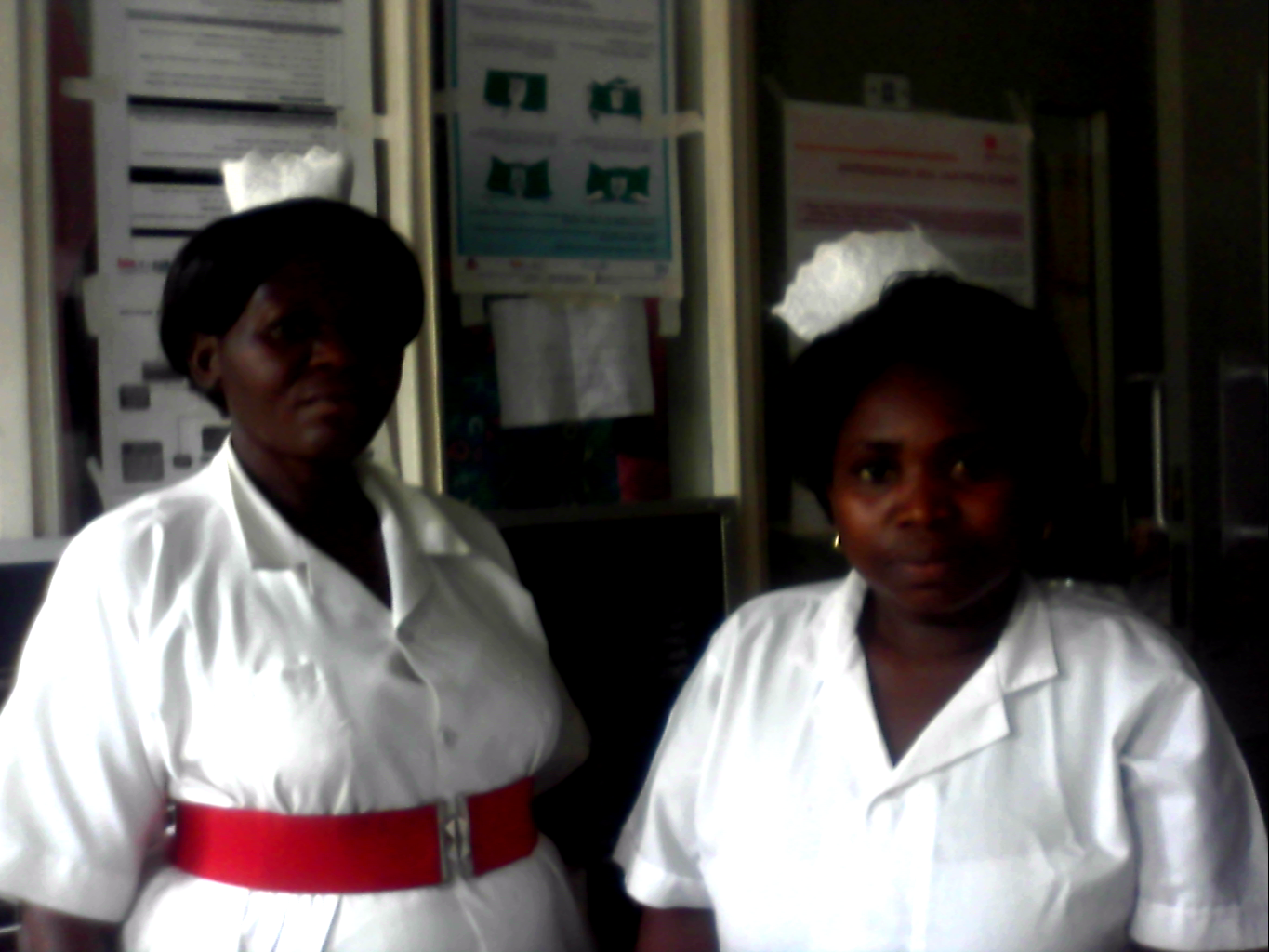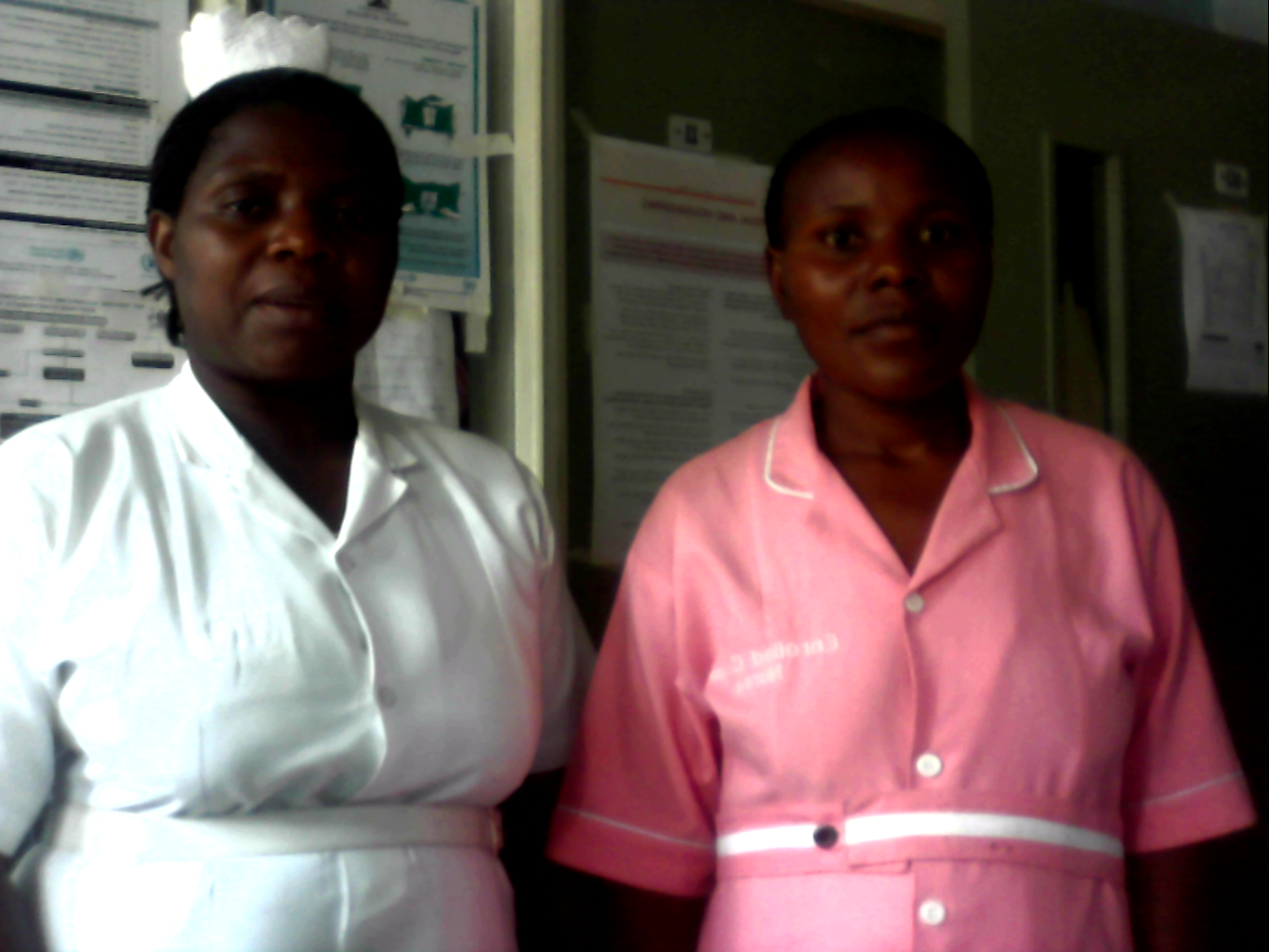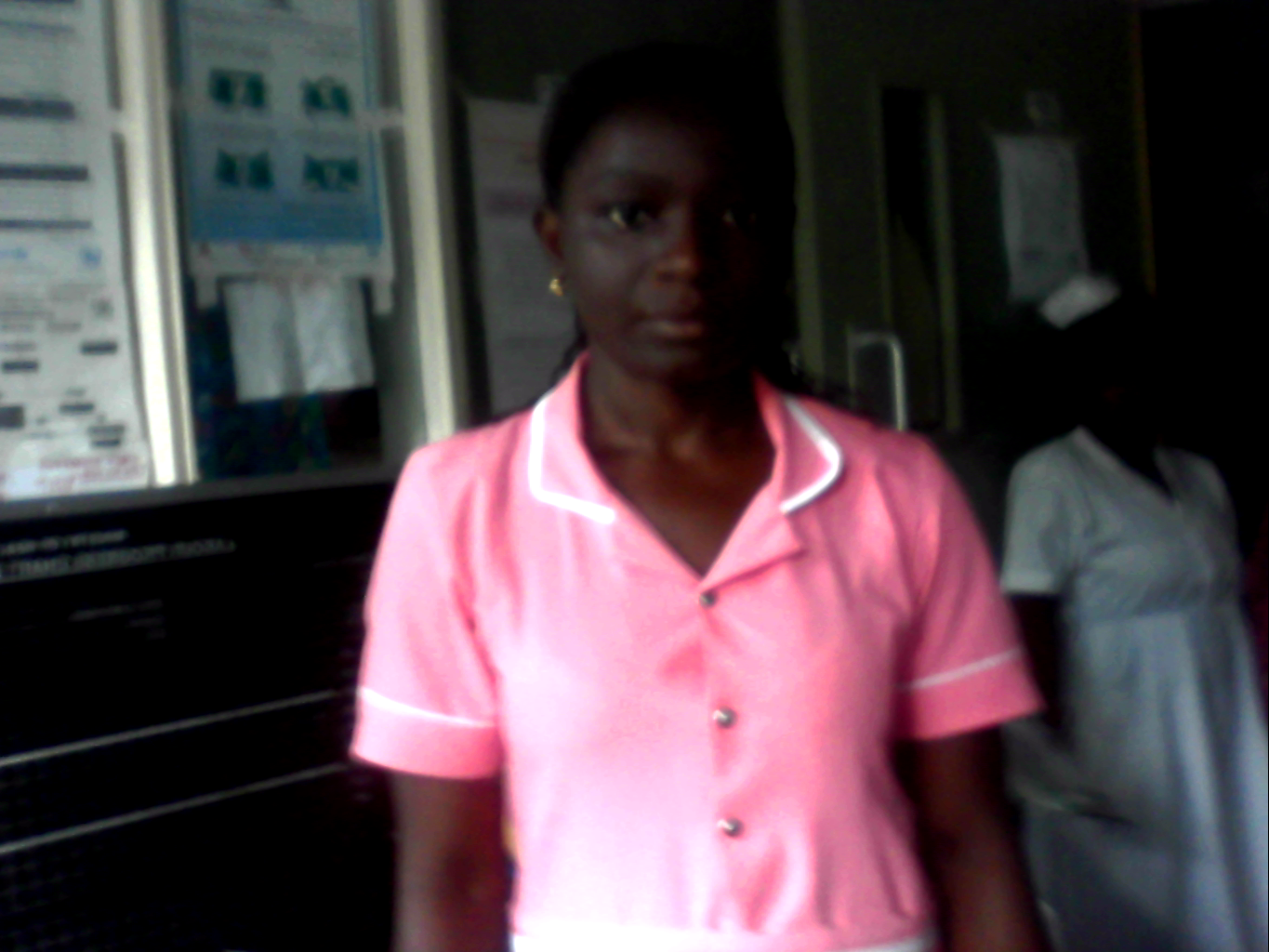Having been brought up in a rather modest but very disciplined home, I learned quite early to be quick to offer gratitude and honest praise to anyone that affects my life positively or deserves the gratitude. I know how revitalizing and inspiring a simple thank you can be to others’ efforts. I, however, also want to sing praise to a few people who do not know me, have never met me, and may never hear about me. They have not affected my life directly either.
They are four mid-wives in Bwera Hospital, located near the Uganda-Congo border and built in the mid-1990s. With a picturesque view of the Rwenzori Mountains and well-designed buildings on a hilltop, the hospital is a welcome surprise in the semi-rural area. It is common knowledge that the patient-medical practitioners’ ratio is appalling skewed negatively in Uganda; there are too few medical practitioners for the population. The hospital serves both Ugandans and Congolese in the region, and it goes without saying that it is overcrowded with patients every day.

When I first went to Bwera, I expected the same crowding, poor staffing and supply constraints, and I was not disappointed unfortunately. My surprise within this hospital, however, came from somewhere else. During the month of October, my placement organization, Action for Community Development, had an Annual Review with one of our partners, Save the Children International, to review performance of programs we had implemented over the year. Bwera Hospital is one of our program areas and partners in Kasese district. I came to hear amazing stories, too many to tell in this blog, but one has to be told. The humanitarian and sacrificial lives of 5 ladies; the story of 4 mid-wives and Head Nurse in the hospital is a beacon of hope in a country that languishes 19th in the world with regards to infant mortality. They deliver an average of 368 babies a month, with 4 infant mortalities and no maternal mortalities in the last 3 months. I cannot qualify these numbers in terms of the Millennium Development Goals as yet, but at this rate these 5 ladies are on a high-speed train to beating the suggested infant mortality and maternal death rates. The success story is embedded in the fact that the hospital was designed to have 25 laboring mothers a day, yet they have 100 pregnant mothers sometimes a day.

The doctors and surgeons are sometimes not available to offer assistance because of the sheer number of patients that need specialized care in the region, so these ladies have to go it alone several times. The hospital usually has staffing and supply constraints just like several public hospitals in Uganda. Somehow amidst all these challenges, the ladies have been a success story in Kasese and the Eastern Congo. Yes, there are only 5 of them, and yes, their work reaches across the border. I do not know how many babies in total they have delivered; they may not know the number offhand either. What I know, however, is that if I went to Bwera town or the surrounding region and randomly picked anyone below 5 years, the probability that they have been a direct product of these 5 ladies is amazingly high. Ladies, thank you so much for being guardian angels to so many mothers and little dreamers. Thank you for the cold and sleepless nights you have endured in that hospital just to give life-saving interventions to people you do not know and who may never recognize your efforts in their lifetime.

No money can quantify your sacrifice and the love for life you have shown to so many both directly and indirectly. I therefore know that we have selfless frontline warriors in the fight for health equity in Uganda. I know you 5 will never give up in the fight for better maternal health care, and there are others like you. Thank you for being my heroes this year. You have inspired me and after all you may just have affected my life directly. Thank you for saving children and mothers. Thank you for helping Save the Children International and Action for Community Development better the lives of others in that community. As the local adage goes, “Gakyali Mabagga” (The struggle continues).
